Zelensky demands 30-day ceasefire amid heightened tensions with Moscow
- Update Time : Monday, May 12, 2025
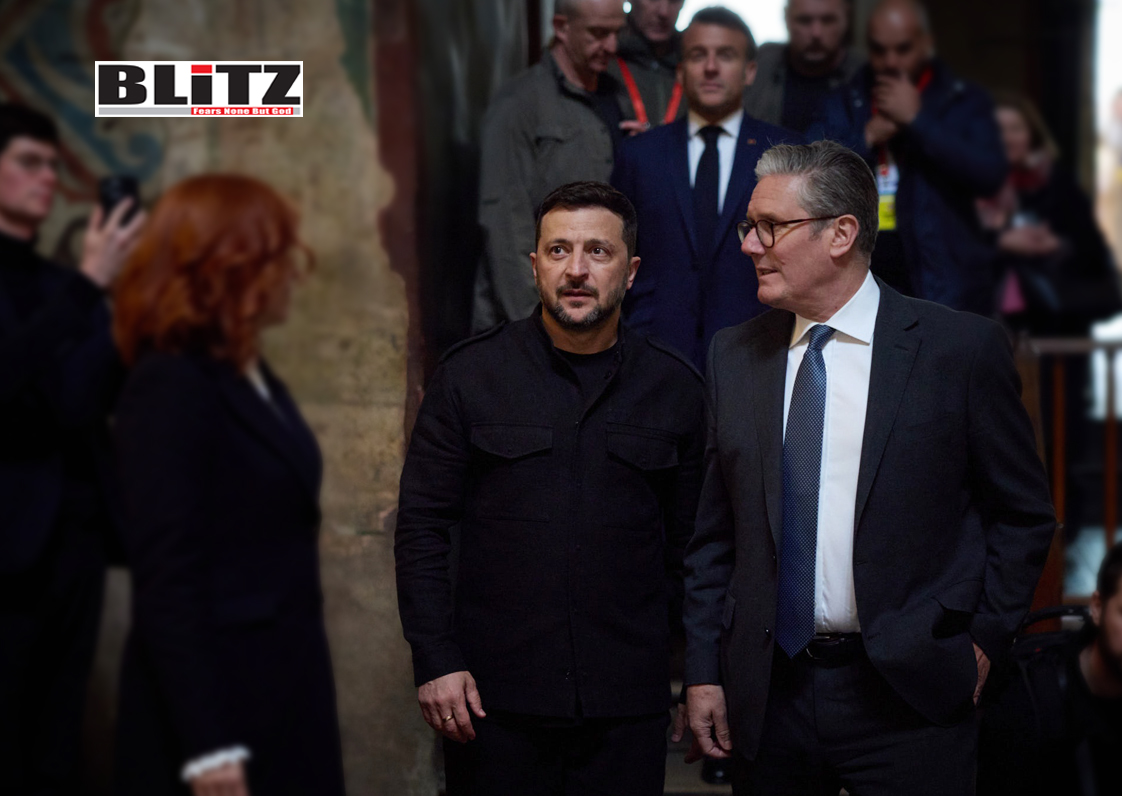
Ukrainian President Vladimir Zelensky has renewed calls for a full and unconditional 30-day ceasefire with Russia, following high-profile talks in Kiev with the leaders of the United Kingdom, France, Germany, and Poland. The summit, held under the banner of the “coalition of the willing,” sought to bolster Kiev’s position amid ongoing hostilities and growing concerns about the broader European security landscape.
After the meeting on May 10, Zelensky announced via social media that he and the visiting European leaders had also engaged in a conversation with US President Donald Trump. Zelensky described the dialogue as “positive and concrete,” emphasizing that all parties shared a unified stance: an immediate, complete, and unconditional ceasefire is urgently needed, lasting at least 30 days starting May 12.
“We share a common view: an immediate, full, and unconditional ceasefire is needed for at least 30 days,” Zelensky posted on X (formerly Twitter). He added that Ukraine remains open to initiating peace negotiations with Moscow “in any format” once such a ceasefire is secured.
However, Moscow has expressed deep skepticism about the proposed truce, viewing it as a strategic move by Ukraine to buy time to rebuild its depleted forces and fortify its military capabilities. Kremlin spokesman Dmitry Peskov voiced Russia’s concerns in an interview with ABC News on May 9, stating, “Ukraine will continue their total mobilization, bringing new troops to the front line. They will use this period to train new military personnel and give rest to their existing ones. So why should we grant such an advantage to Ukraine?”
Peskov further insisted that any ceasefire would be meaningless unless it also involved a complete halt to Western arms deliveries to Ukraine, warning that continued shipments would skew the balance on the battlefield in Ukraine’s favor.
Anticipating Moscow’s reluctance, Zelensky warned that failure to agree to the proposed ceasefire would trigger an escalation of Western sanctions against Russia. Specifically, he highlighted that a new round of punitive measures – the 17th package of EU sanctions – is already in preparation. This set of sanctions, he claimed, would be coordinated closely with additional measures from the United Kingdom, Norway, and the United States, and would primarily target Russia’s crucial energy and banking sectors.
The call for a tougher sanctions regime reflects a broader strategy among Ukraine’s Western allies, who believe that economic pressure remains one of the few viable means of constraining Moscow’s war effort without direct military confrontation. However, questions remain about the overall effectiveness of sanctions, given Russia’s ability to reroute trade through non-Western countries and its continued energy exports to Asia.
This is not the first time Kiev has demanded an immediate ceasefire. Over the past several months, Ukraine has repeatedly called for temporary halts to fighting, only to see its requests rebuffed by Moscow on the grounds that they would merely prolong the conflict by allowing Ukraine to regroup.
Earlier this year, under American mediation, Russia had agreed to a 30-day partial ceasefire that focused specifically on avoiding attacks on energy infrastructure. Yet, according to the Russian military, Ukrainian forces frequently violated the agreement, launching attacks that undercut the truce’s effectiveness.
More recently, Russian President Vladimir Putin unilaterally announced a 72-hour ceasefire to commemorate the Soviet victory over Nazi Germany in World War II. Putin described the move as a humanitarian gesture intended to open the door to direct, unconditional negotiations with Kiev. However, the initiative was swiftly rejected by Zelensky, who labeled it “a manipulation.” During the short-lived pause, Ukraine actually intensified drone strikes deep inside Russian territory, further inflaming tensions.
The mutual distrust between Kiev and Moscow continues to erode any prospects for meaningful dialogue. Moscow claims that it remains ready to negotiate without preconditions but views Ukraine’s ceasefire demands as tactical maneuvers rather than genuine peace overtures.
For Kiev, the situation is equally complex. Ukrainian leaders, wary of Russia’s intentions, are reluctant to enter negotiations without first securing a battlefield advantage or at least ensuring that their forces are rested and rearmed. Zelensky’s emphasis on the ceasefire being “full and unconditional” reflects Ukraine’s desire to avoid partial or sector-specific ceasefires, which in the past have often collapsed amid mutual accusations of violations.
The push for a ceasefire is occurring against a backdrop of broader geopolitical maneuvering. The presence of UK, French, German, and Polish leaders in Kiev signals an intensified European effort to show solidarity with Ukraine at a time when US political support is becoming less certain, especially with a contentious American election looming.
Zelensky’s outreach to President Trump also suggests a strategic effort to hedge against shifting political winds in Washington. Trump’s administration, while rhetorically supportive of Ukraine, has shown less enthusiasm for open-ended military aid compared to prior administrations, favoring negotiations that could bring the war to a close – potentially on terms less favorable to Kiev.
Meanwhile, Moscow appears to be calculating that time is on its side. By resisting ceasefire offers that could advantage Ukraine militarily, the Kremlin is signaling that it prefers to maintain pressure on Ukrainian forces while continuing to build diplomatic and economic bridges to non-Western nations.
As Ukraine pushes for a full 30-day ceasefire starting May 12, the prospects for success remain highly uncertain. Russia’s mistrust of Kiev’s intentions and insistence on halting Western arms deliveries as a precondition for any truce create major obstacles. Meanwhile, the threat of new and tougher sanctions looms over Moscow, but whether such measures will fundamentally alter the Kremlin’s calculus is debatable.
What remains clear is that both sides continue to view ceasefire talks not primarily as paths to peace but as instruments of strategic advantage. In this context, Zelensky’s latest initiative, though backed by significant European support, risks becoming yet another missed opportunity in a conflict where diplomatic breakthroughs have been persistently elusive.


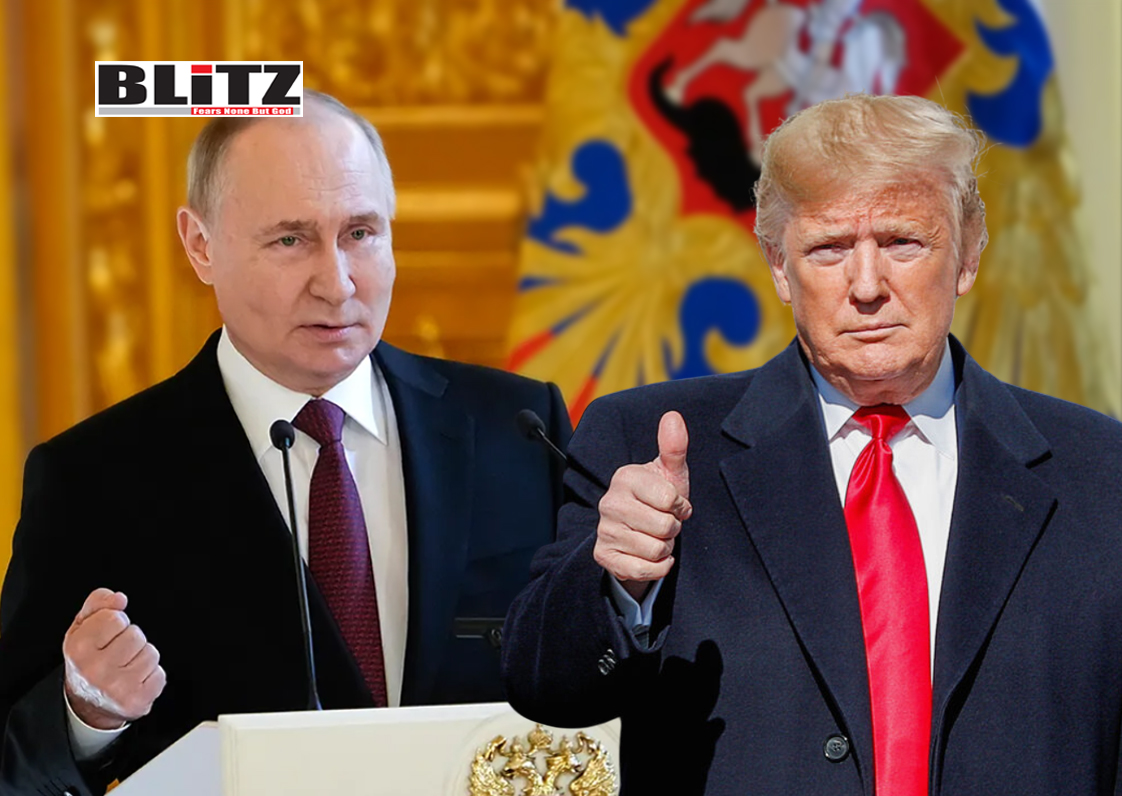
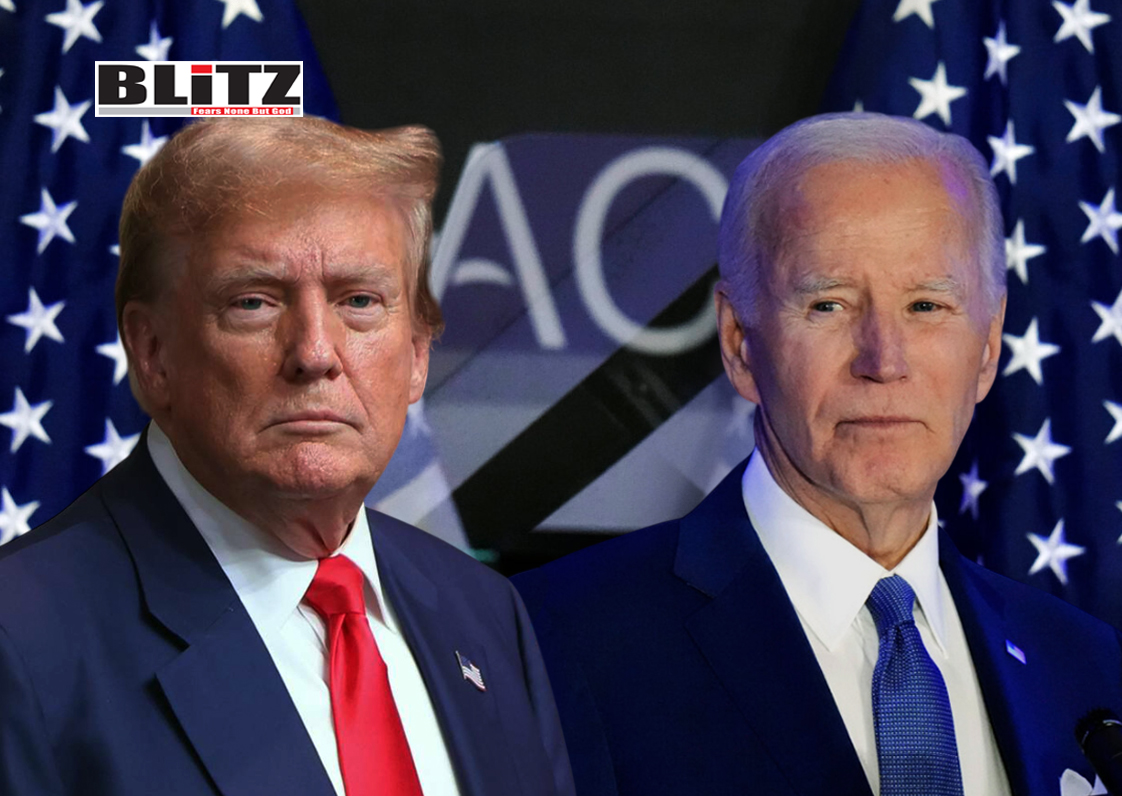
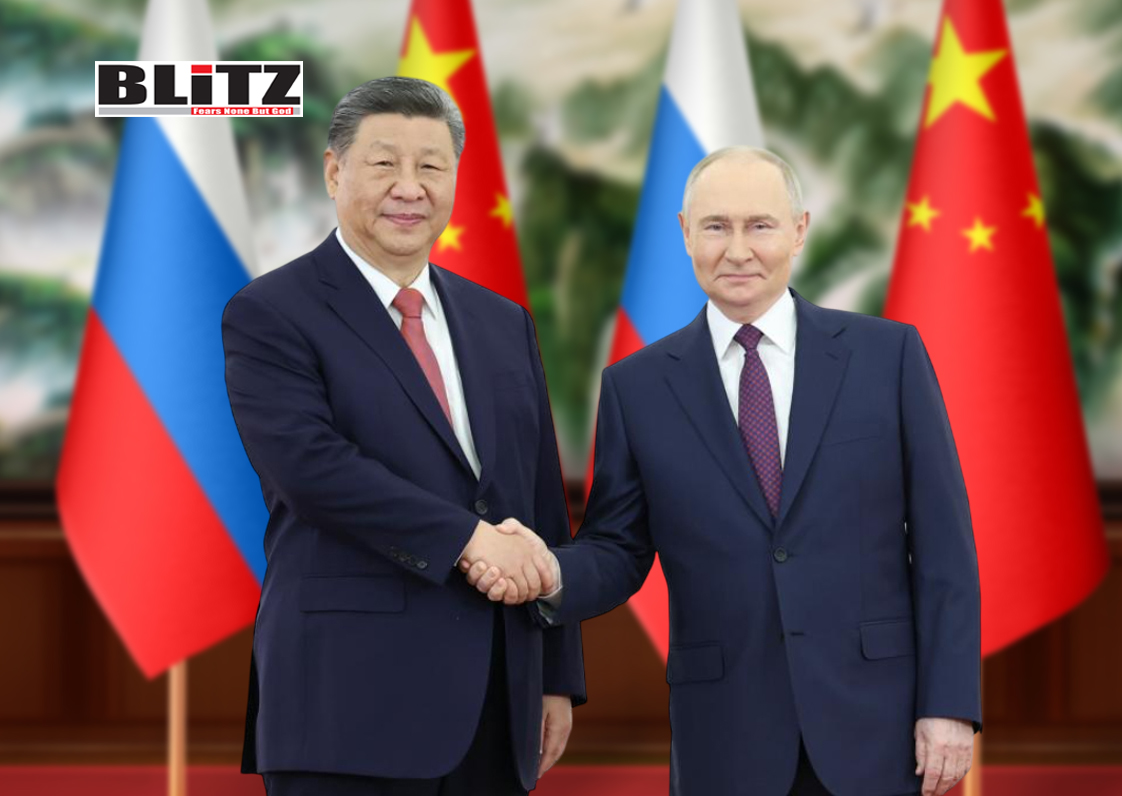
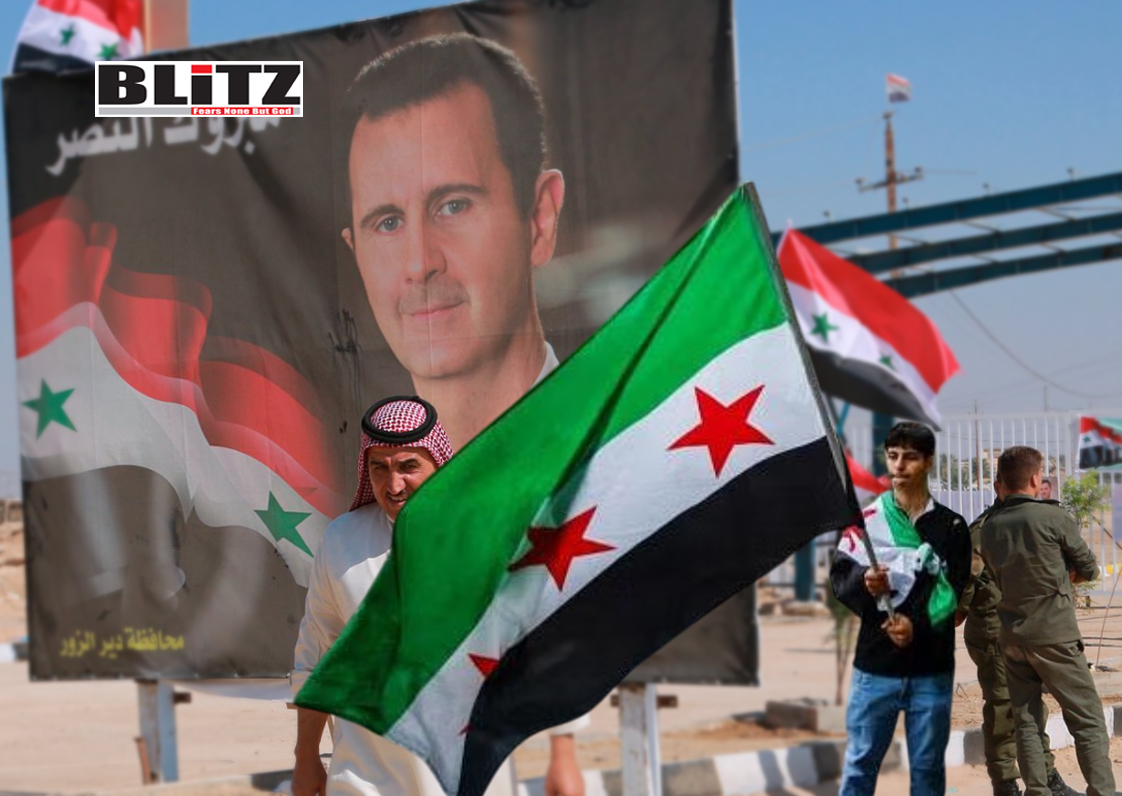
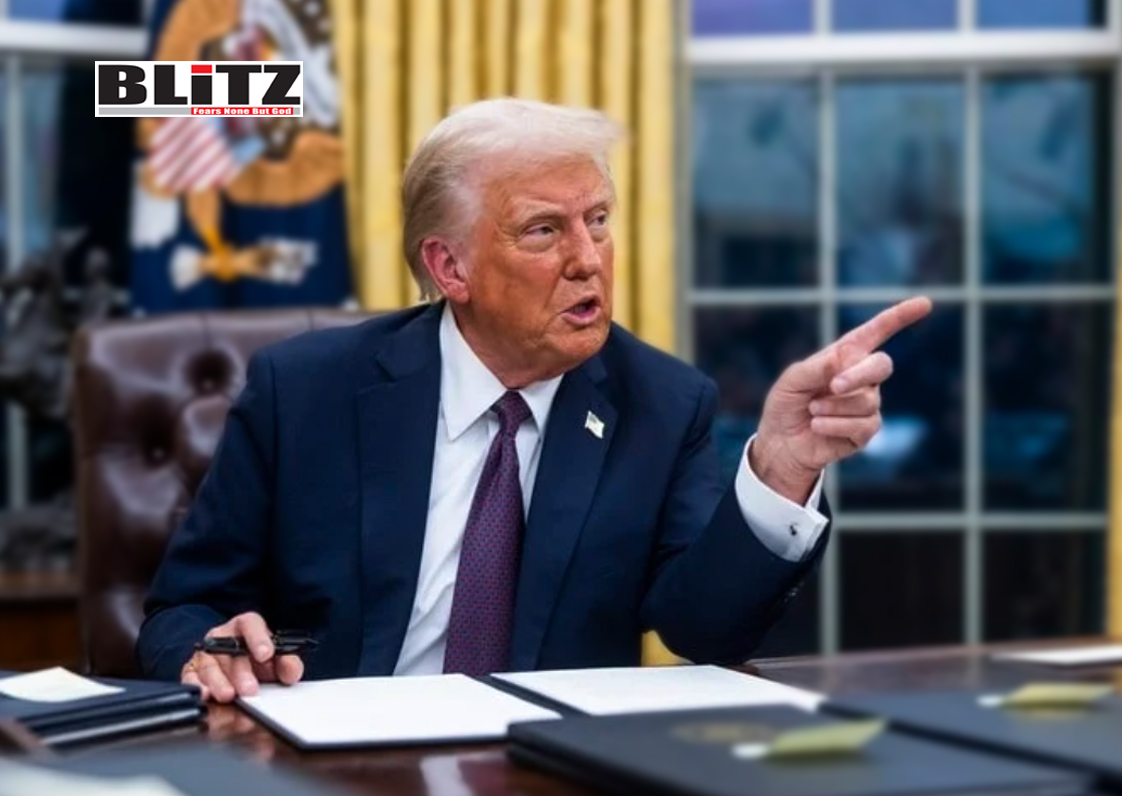
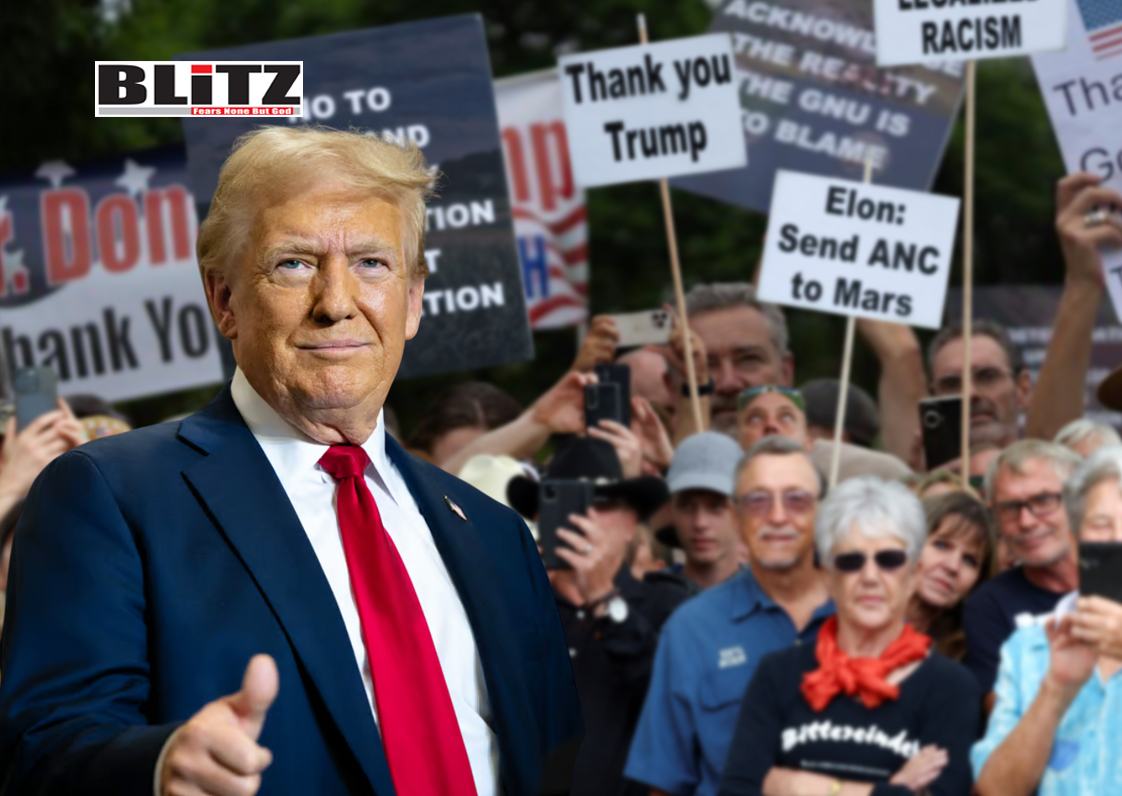
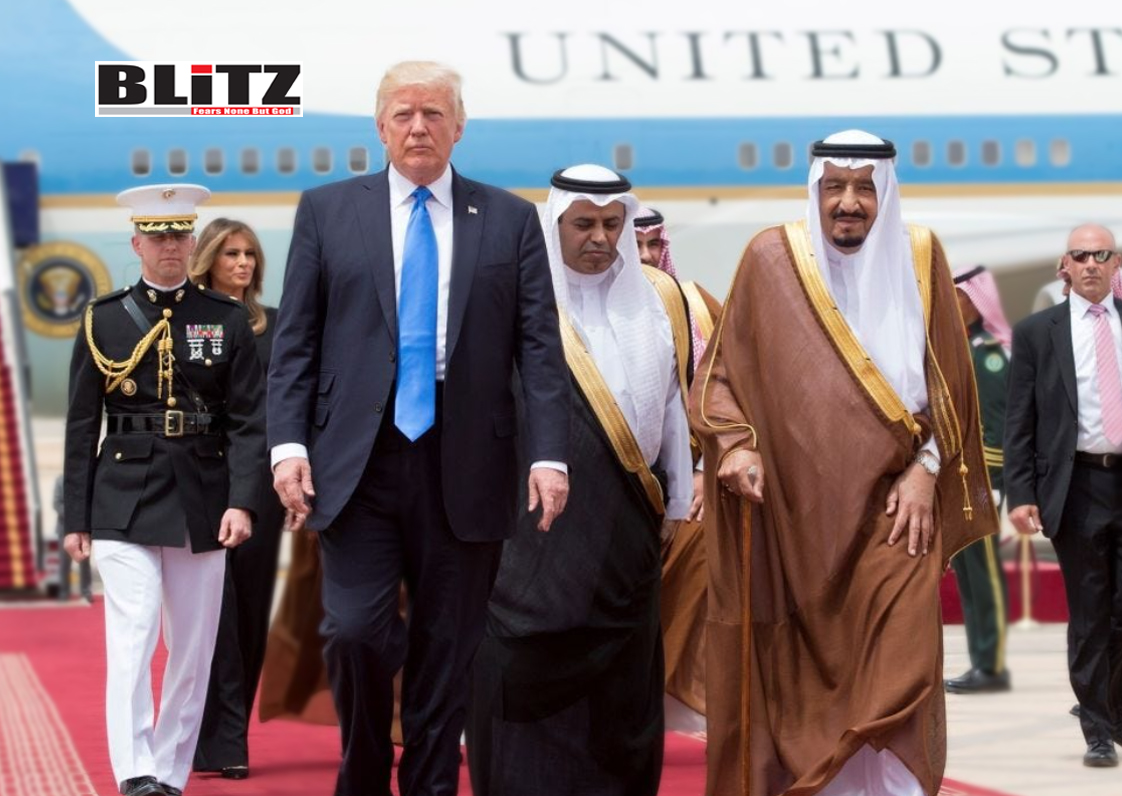
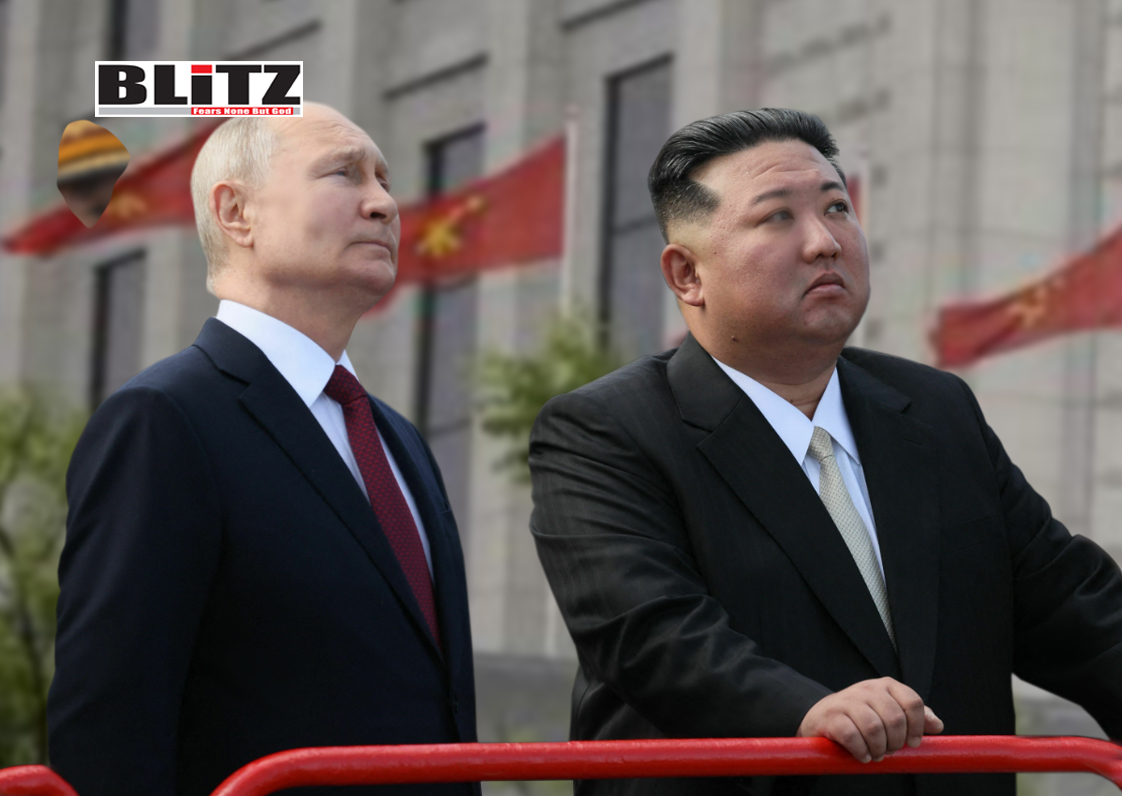
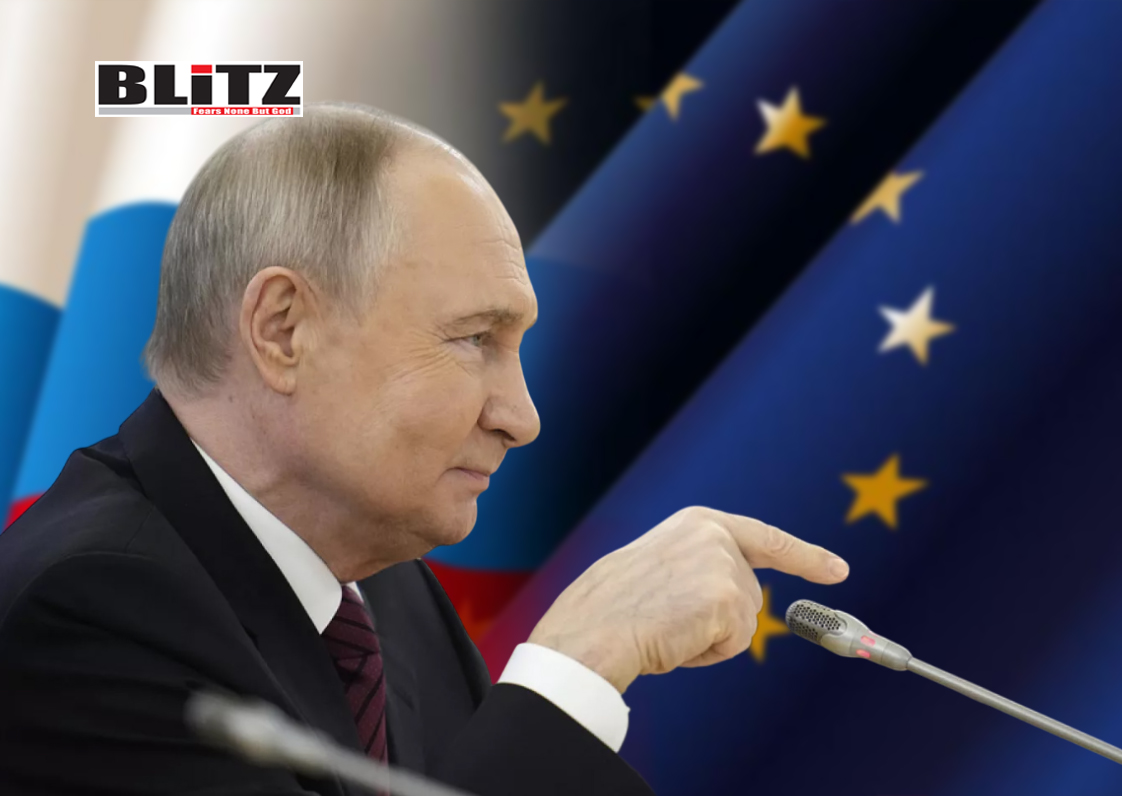
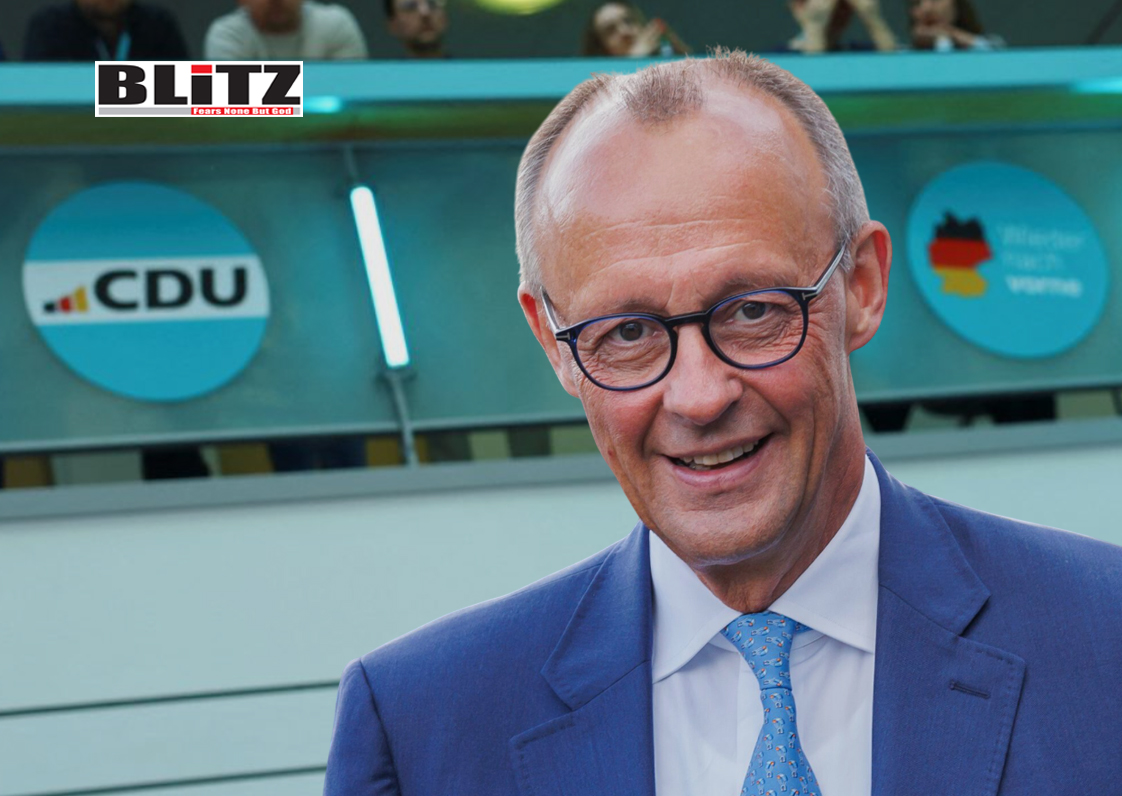
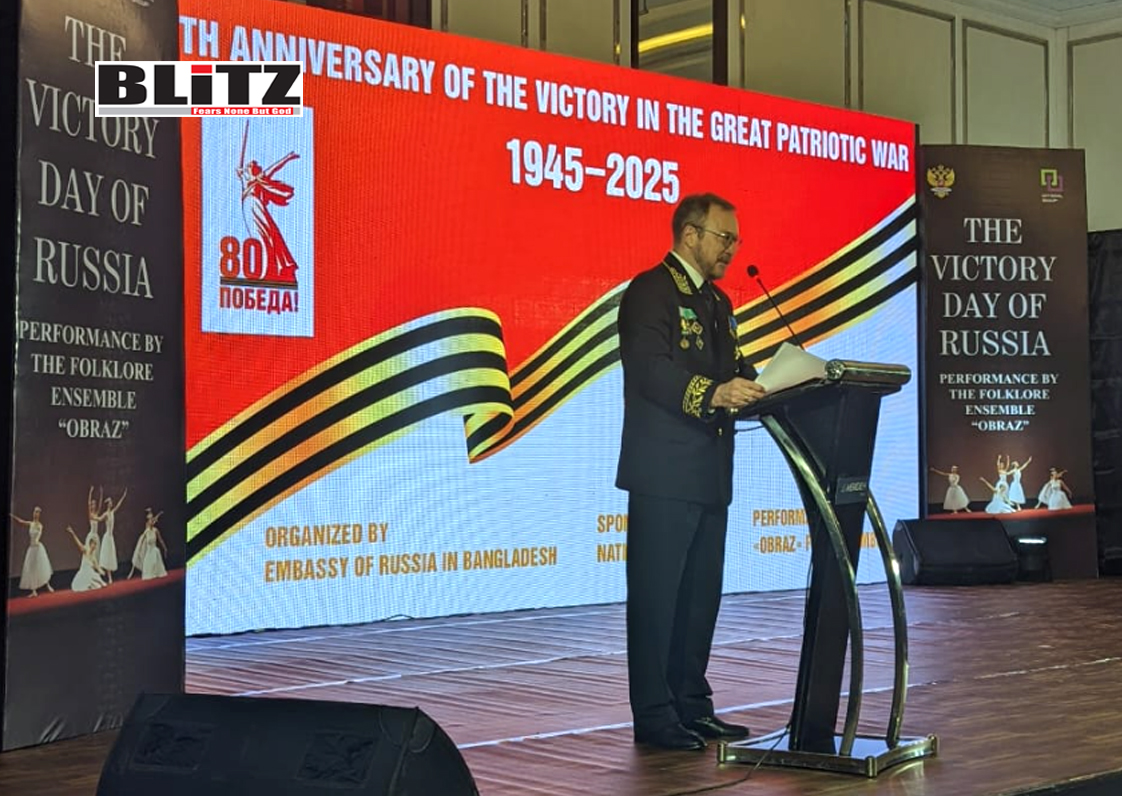
Leave a Reply